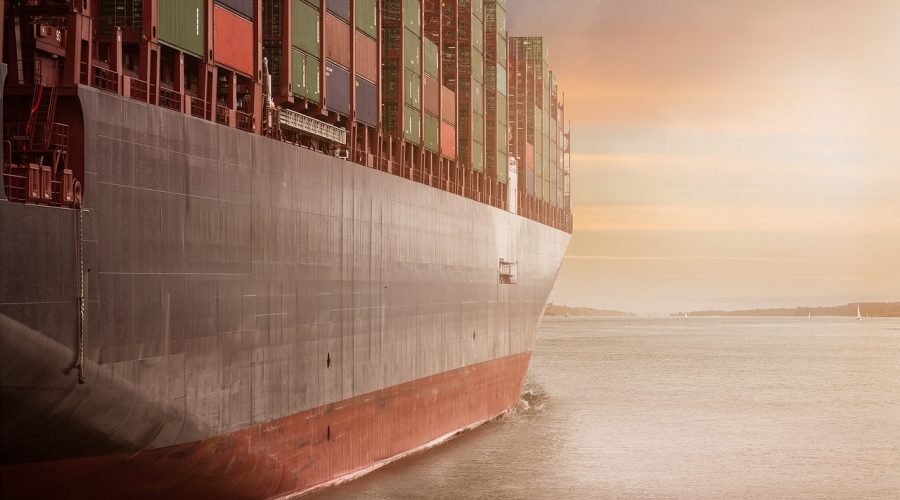
The Rise of Virtual Transportation
Since Waller Transport Services was established in 1974, we have grown our business into one the UK’s foremost road freight specialists, delivering over 10,000 loads every year. While we have expanded our own fleet of vehicles since those early days, we have primarily developed the scope of our operations by putting “virtual transportation” at the very heart of our business model.
What is Virtual Transportation?
Virtual transportation – which sits alongside other similar terms such as “virtual logistics” or “third-party logistics” – provides modern freight and logistics businesses with a flexible and agile framework to meet changing customer demands.
In short, it means that rather than owning and operating an extensive fleet of our own vehicles, we can instead utilise our vast portfolio of haulage contractors to meet our clients’ needs. This gives us access to a network of 20,000 vehicles across the UK, and it’s easy to see how this model allows us the flexibility to meet our customers’ precise haulage requirements, every time.
Rising to the Challenge
Delivering an effective virtual transportation solution isn’t always easy, of course. Like any other type of customer service, it requires listening to and, more importantly, truly understanding the customer’s needs, and working diligently to deliver on your promises. But it also requires meticulous organisation and planning, and building and maintaining an excellent relationship with your haulage partners.
We pride ourselves on providing our hauliers with not only good rates of pay, but also extensive support, including detailed loading and delivery instructions, and live up-to-date traffic reports en route. Making best use of the return loads model is also at the core of our service proposition.
All About Access
Access to major intermodal transport hubs is a tremendous advantage in the operation of a virtual transportation model. Waller Transport Services operates out of depots in Hull and Ipswich, each of which has its own unique benefits in the delivery of logistics and freight services.
The location of the Port of Hull makes it a prime import-export hub connected to the EU and Scandinavian markets. As well as being linked to the national road network by the M62, Hull also offers a number of unique aspects as a port, including the UK’s first fully enclosed, all-weather cargo-handling terminal.
The Port of Ipswich offers similar advantages as a virtual transportation hub. With easy access to the North Sea shipping lanes, Ipswich handles three million tonnes of cargo every year. It is the UK’s single biggest grain export port, with more than 500,000 tonnes of grain shipped a year; it’s also a major import hub for forest products, annually handling around 200,000 cubic metres of timber, primarily from Scandinavia and the Baltic States.
With the A14 and A12 trunk roads connecting to the M1 and M25, Ipswich also provides the easy access to the national road network that you would expect of a major freight centre.
If you’d like to find out more about the logistics services we provide, please get in touch with our haulage specialists today.
